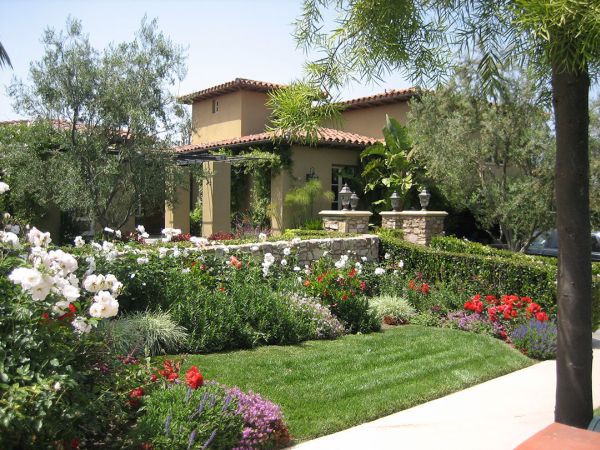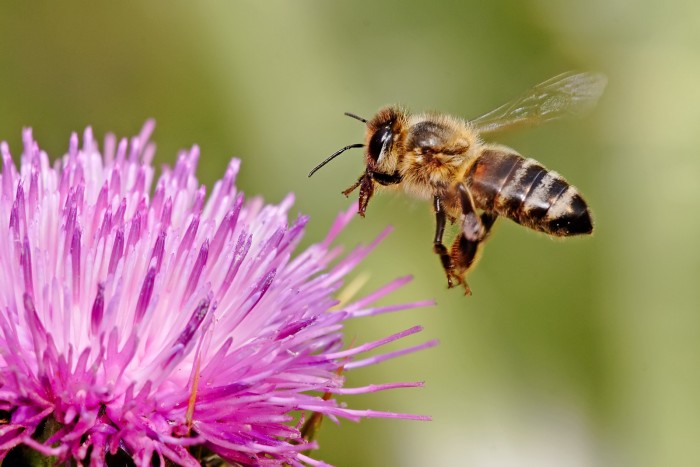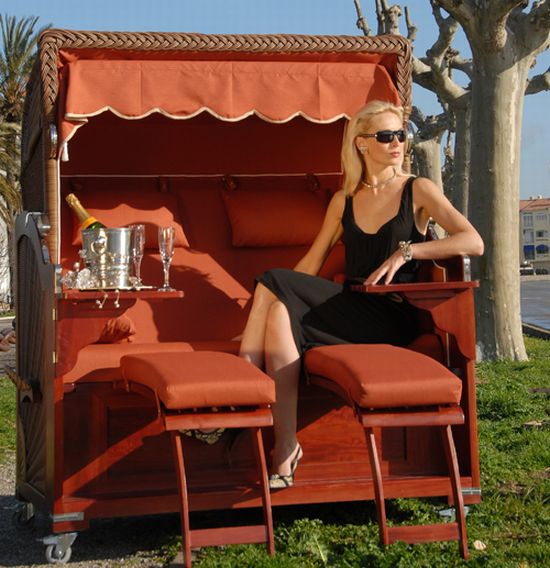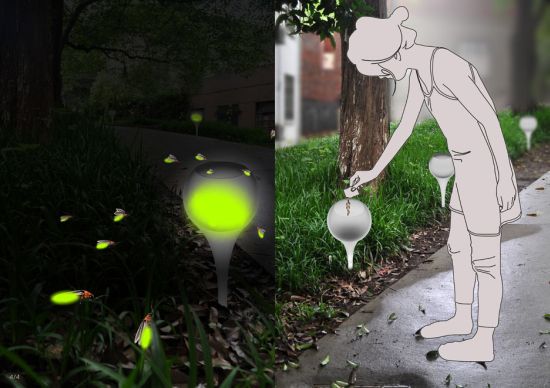Owning your own place with a backyard is a wonderful feeling for the Australian homeowner. One of the things Australians love the most is space. The backyard offers families the opportunity to enjoy outdoor activities such as barbecues and sporting activities with the children such as backyard cricket. Pests that may be lurking in your backyard and that may inflict pain on yourself or your loved ones can hamper all of these activities. The main culprits are bees and wasps; who increase their presence in the warmer months. We provide some tips on how to control bees and wasps in your backyard.
Try a homemade DIY remedy to keep the bees away.
Get a lemon and put about ten cloves inside a lemon that has been cut in half. Cut of the end of the lemons so they sit flat. They do not like the scent and it should help to keep them away.
Avoid having plants in the backyard that will attract the wasps and bees.
Some of the flowering plants and bushes that you have will look beautiful as they bloom, but they will also attract the bees and wasp swarms to your property. Bees naturally play an essential role as pollinators in the garden. They will find the pollen in these plants to use as a nectar source. They will also inform the other bees of the find through a special bee dance to alert the other worker bees of the nectar source. If you have plants such as a vegetable garden and a mix of flowers, then these bees will work to pollinate the male and female plants. Some examples of plants include:
- Lavender
- Salvia
- Catmint
- Nasturtiums
- Basil
- Thyme
- Rocket
- Sage
Consider an eco-friendly solution by providing a pond close to your flower or vegetable garden.
Having a pond close to your flowers or vegetable garden may help deter bees and wasps from leaving that area. The bees and wasps will use the pond as their primary water source. Should you go for this option, add in some rocks to help them avoid drowning. Along with the pollen that they need from the plants, it will have their food source covered and they shouldn’t have the need to bother anyone outside that area.
Combat bee and wasp nests with pest control services.
The nests, hives and swarms of bees and wasps may be lurking in cavities around your home. Treating the problem is not only a threat to your health, but may also pose a threat to your home’s structure. Speak to a bee removal specialist from Melbourne who can best advise you on the threat and treatment solution to manage bees and wasps in your home.
Things to consider.
Some people can suffer life-threatening reactions to bee stings. Most people aren’t allergic, but for those that do suffer allergic reactions to these insect bites should look out for the following symptoms.
- A light reaction from a bee or wasp sting. This will result in a localised itch and swelling that should settle within a few days.
- Severe reactions from bee or wasp stings. This is referred to as Anaphylaxis. Symptoms for severe reactions include:
- Swelling of the tongue.
- A breakout in a rash.
- Vomiting.
- Diahorrea
- A drop in blood pressure (shock)
- Abdominal pain.
A bee will be known to sting its subject once, whereas a wasp may sting its subject several times. The paper wasp is becoming the biggest nuisance in Australia as they can be quite aggressive and like to get inside drink cans at barbecues. If a bee or wasp stings you or someone that you know and you notice these reactions, seek medical attention as quickly as possible. If you do have bees or wasps in your garden, then make sure any visitors to your home are made aware through signs to avoid the risk of them receiving any stings.
Commit to creating a safer backyard environment for you and your family by managing bees and wasps in your garden.
Article Submitted By Community Writer





